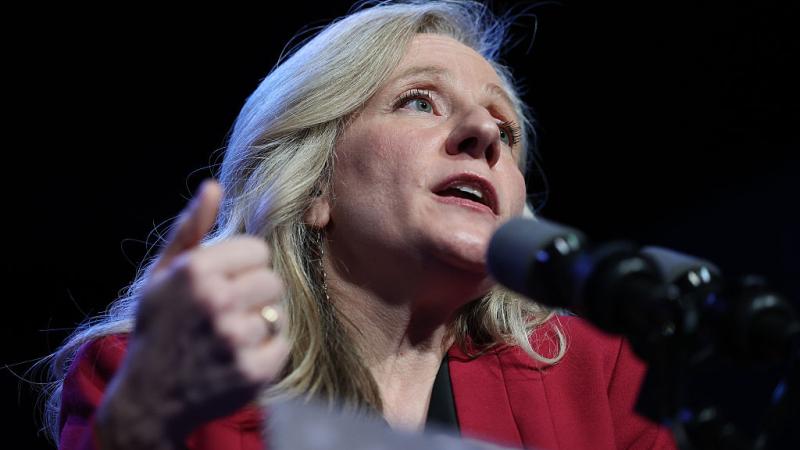Michigan paid $2.4 billion in 'improper payments’ to Medicaid, CHIP beneficiaries
Audit found state agency didn’t always determine beneficiary eligibility or maintain documentation to support eligibility
An audit says Michigan’s Department of Health and Human Services (MDHHS) disbursed $2.4 billion of improper payments to Medicaid and Child Health Insurance Program (CHIP) recipients.
Auditor General Doug Ringler’s office (OAG) found MDHHS didn’t always determine beneficiary eligibility or maintain documentation to support eligibility – a “material condition” that might have resulted in fiscal 2019 improper payments of $2.3 billion (15%) and $89.5 million (35%) for Medicaid and CHIP.
The audit found $12.6 billion, or 84% of total payments, was appropriately issued for eligible Medicaid and CHIP beneficiaries.
The state allegedly paid out $817 million in improper payments to Medicaid beneficiaries with missing eligibility documents and $25 million for CHIP beneficiaries with missing case files.
The report randomly sampled 147 Medicaid and 70 CHIP payments paid to beneficiaries between Oct. 1, 2018, and Sept. 30, 2019. Between the two programs, they serve nearly 3 million people.
The audit found 16, or 11% of the Medicaid payments and 23, 0r 33% of CHIP payments were for someone ineligible for their registered category.
"MDHHS indicated it did not properly consider all available information when determining beneficiary eligibility because of system issues and staff actions," the audit said. "MDHHS also indicated internal control was not always sufficient to ensure documentation was retained."
MDHHS disagreed with some audit findings, saying it the OAG’s methodology “results in a grossly inflated estimate and an inaccurate representation of” improper payments.
“The calculation of improper payments used as the basis for the extrapolation failed to differentiate cases that lacked eligibility from those that were eligible but placed in a misclassified type of assistance or different benefits category and included cases that MDHHS disagrees were in error,” the agency responded.
MDHHS said a federal audit from the Centers of Medicare and Medicaid would have explained better the difference between the federal and state disparities.
“MDHHS does not agree that the entire amount cited is inappropriate federal reimbursement,” the agency responded to the audit findings. “All of these beneficiaries were Medicaid eligible, and all payments would have been eligible for regular [Federal Medical Assistance Percentage]. Therefore, the amount cited above is significantly overstated.”
Ringler’s office said they defined improper payments using federal law and used industry-accepted software.
A second finding estimated MDHHS errors caused another $1.9 million in payments to Medicaid beneficiaries inappropriately transferred to CHIP.
MDHHS said it’s working on solutions.
“The efforts we have underway to improve this program and its activities are not necessarily a direct result of audit activity and does not mean that MDHHS agrees with all components of a finding,” the agency said in the audit response. “MDHHS can disagree with the OAG’s methodology, interpretation of policy, and determinations on particular cases without conceding our commitment to continuous improvement.”
The agency said it will correct all cases if warranted, and will continue to review its methodologies.
“Until full implementation is complete, MDHHS will continue its manual process of transferring expenditures from the Medicaid Cluster to CHIP on a quarterly basis. In the interim, MDHHS has made several changes to its quarterly process and will continue to review its methodologies and make adjustments if warranted, until all cases are systematically correct.”













